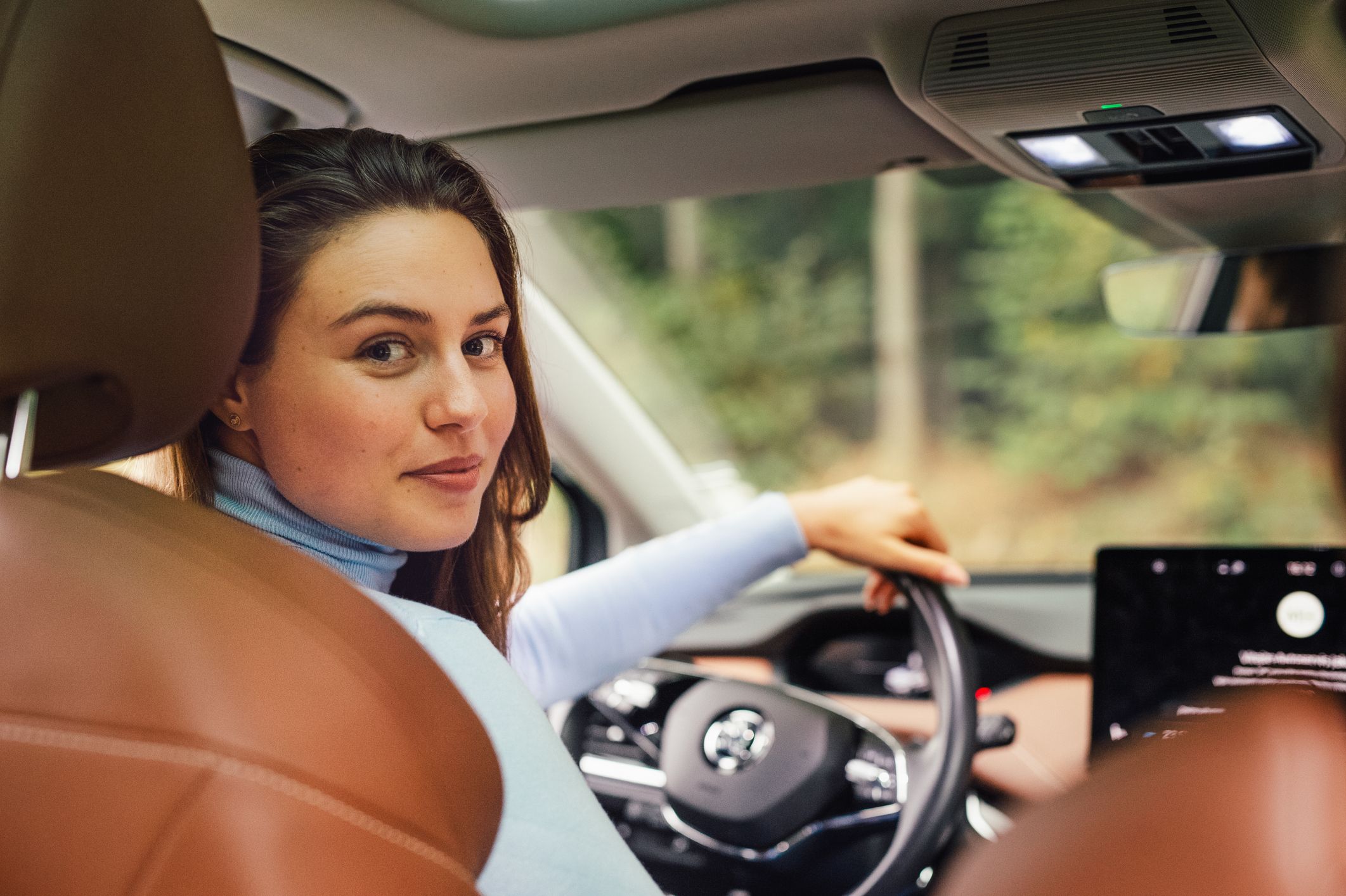Your Legal Rights When Buying a Car Online
Shopping for a car online is wonderfully convenient, but it's a bit different from buying in person. Understanding your legal rights is key to a worry-free purchase. This guide breaks down the important bits, like the Consumer Rights Act 2015, explaining your right to a refund or repair if the car isn't up to scratch. We’ll help you feel confident and protected every step of the way.
The Cazoo editorial team
Published on 28 August 2025 | 3 mins read

Shopping for a car online can feel like an entirely new adventure, bursting with excitement and endless possibilities. But it’s also completely natural to feel a little apprehensive. After all, purchasing a car isn’t just a click-and-go scenario—it’s a big investment you want to get absolutely right.
The good news? When you’re buying online, you’ve got a robust set of legal protections designed to keep you and your money safe. Whether you’re browsing through a dealership’s website or negotiating with a private seller, here’s a clear and friendly guide to what you need to know about your legal rights.
Are Online Car Purchases Safe?
Buying a car online can be as safe as buying in person—sometimes even safer. Respectable dealerships operating online have systems in place to guarantee transparency and reliability. And thanks to sturdy consumer protections, it’s easier to step in if anything goes wrong.
That said, the safety net isn’t as strong when purchasing from private sellers. While you’re not without rights in these cases, the risks become trickier to manage. Doing thorough research and taking advantage of available car history checks can make all the difference.

The Consumer Rights Act 2015
When buying from an authorised dealership online, the Consumer Rights Act 2015 has your back. This law ensures you’re protected whether you’re shelling out for a brand-new ride or a lovingly used motor.
Your Key Rights Under the Act:
- Fit for Purpose: The car should be roadworthy and suitable for its intended use.
- Satisfactory Quality: Consider the car’s age, mileage, and condition—it should meet reasonable quality benchmarks based on these factors.
- As Described: The vehicle must match the details listed in the advert.
Faulty or Damaged Car?
If the car is not as described or has a fault present at the time of delivery, you’re entitled to a solution:
- Within 30 Days: You can reject the car outright and receive a full refund.
- 30 Days to 6 Months: The dealership gets one opportunity to fix the issue. If this fails, you can insist on a refund or replacement.
- Over 6 Months: Proving the fault existed at the time of purchase becomes trickier but is still possible.
Consumer Contract Regulations
The great thing about buying online? The Consumer Contract Regulations 2013 offers a brilliant layer of additional protection.
When a car is purchased without seeing it in person (hello, home delivery buyers!), these regulations treat your order like any other online shopping experience.
Rights You Gain from the Regulations:
- Cooling-Off Period: You’ve got 14 days from when the car arrives to change your mind—for any reason.
- Returns Deadline: You then have an additional 14 days to return the vehicle if you decide to cancel.
- Refund Policy: Once the seller has the car back, your money should be refunded within 14 days.
This doesn't apply to private sales, though, so double-check your agreements when going the non-dealership route.

How Credit Card Payments Protect You
If you pay for some or all of your car on a credit card, rejoice, because Section 75 of the Consumer Credit Act 1974 offers a bulletproof safety net.
This law makes your credit card provider equally liable for ensuring the dealer delivers the goods as described. It’s like having an extra layer of accountability—perfect peace of mind for high-value purchases.
Even debit card purchases have a little protection through a process called chargeback, but it’s slightly tricker and time-limited.
What About Private Sellers?
Buying a car privately might seem tempting for the potential savings, but it’s important to tread carefully. Here’s what the Sale of Goods Act 1979 guarantees when buying through a private seller:
- The seller must legally own the car.
- The car must be roadworthy and match its description.
Transparency can sometimes be limited in private sales, so always verify the car’s service history, registration, and condition before committing.
Protecting Yourself Before Purchase
No matter how trustworthy a seller seems, take proactive steps to ensure you’re buying wisely.
Key Things to Check:
- VIN and Logbook Matches
Confirm that the car’s Vehicle Identification Number (VIN) matches the logbook (V5C) and its advertised details.
- Car History Reports
Use recognised services, like an HPI check, to uncover finance agreements, mileage accuracy, or any reported thefts.
- Check for Recalls
A quick check on the DVLA website will tell you if the car has any unresolved recall issues due to safety concerns.
- Test Drive Where Possible
An in-person look and a quick spin can reveal hidden problems you won’t pick up online.
Handling Delays and Issues
Stuff happens, and sometimes deliveries get delayed or disputes arise. If a dealership promises you a delivery date, always ask for confirmation in writing. If delays occur, request updates and see if a loan car or compensation is feasible.
For faulty vehicles, start by contacting the seller. Keep meticulous notes of every exchange and ensure verbal discussions are followed up in writing. Free services like Resolver.co.uk can lend a hand if communication breaks down.
By knowing your rights and taking these steps, you can purchase a car online with confidence and ease.